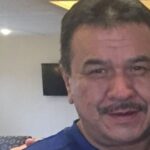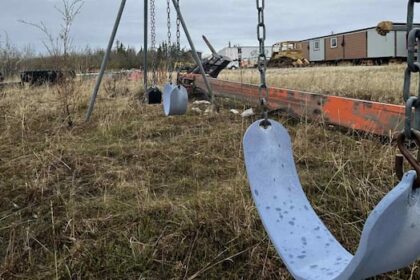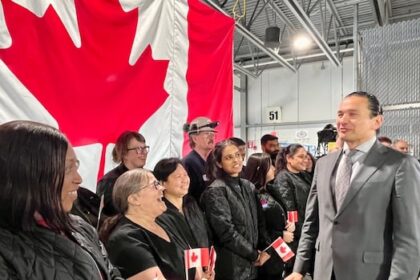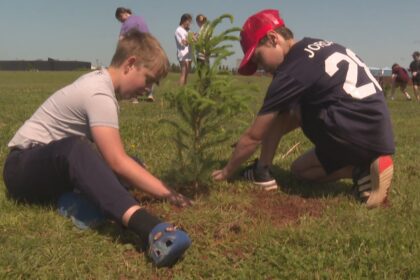A Mi’kmaq man is talking about forming a national political party to promote and address Indigenous issues. D.J. Basque, who works in construction and runs the Mi’kma’ki Nation Outfitters clothing line, says the idea is to provide an alternative for First Nations, Inuit and Métis voters. “At the time I decided to start the Indigenous People’s Party (IPP) of Canada, I felt like we could be doing more federally,” says Basque from his home in Potlotek First Nation, N.S. It would also be a way to stop mainstream political parties from taking Indigenous voters for granted, he says. “We’re voting for politicians by default even though we don’t align with all of their policies.” The Indigenous People’s Party has a logo and a Facebook page. Photo: Submitted This wouldn’t be the first time sometime tried it. The Aboriginal Peoples Party of Canada was founded with high hopes in Alberta in 2005, but attracted fewer than half the members needed to register as an official party with Elections Canada. The First Peoples National Party of Canada (FPNP), which formed the year before, was in the same boat. So they decided to merge and were recognized as an official party under the FPNP banner on Dec. 6, 2005. The party focused on advocating for Indigenous rights and nominated candidates in ridings with large Indigenous populations. It fielded candidates in three federal elections between 2006 and 2011. It now shows as being voluntarily de-registered on Elections Canada’s website. No one from the party could be reached for comment. The First Peoples National Party of Canada was a federal political party in Canada focused on Indigenous rights advocacy. Photo: Wikipedia Basque’s IPP is still in the ‘what if’ stage. It’s not registered with Elections Canada or anywhere near campaign ready. But, he says reaction to his postings on social media have been positive. “I’ve had people message me (from) all across the country,” he says. “There’s a lot of people interested.” While the concept seems to come up every four years or so, political scientist Veldon Coburn at McGill University doesn’t see how Indigenous Peoples could be represented by one party. “Indigenous Peoples in Canada aren’t really a monolith,” he says. “We do have a plurality of viewpoints.” Coburn also wonders about the success of basing a political party on race. “Especially with only 5 ½ per cent of the population,” he notes. Basque isn’t deterred. He feels Indigenous Peoples are ready to unite under broader issues like reconciliation, self-determination and clean drinking water. “We’d be leading those issues – not the non-Indigenous parties,” he explains. Basque notes Indigenous People are impacted by almost every government policy and colonial system. “I started this party because I feel like Indigenous people are the rope in a tug-of-war within the political system,” he says. In New Zealand, the Māori Party or Te Pāti Māori is a left-wing political party that advocates for Māori rights. It campaigns in Indigenous constituencies and its main opponent is the Labour Party. Christopher Adams, an adjunct professor in political studies at the University of Manitoba, sees some merit in what Basque is proposing. “They might not get elected, but this gives them a megaphone during an election to speak on issues,” Adams points out. “A First Nations party or something of that nature, gets to talk about water quality and gets to talk about being ignored on particular issues.” Basque suggests if the IPP takes off federally he’d like to the party nominate candidates in provincial and territorial elections as well. Continue Reading
Is it time for a national Indigenous political party? Again?
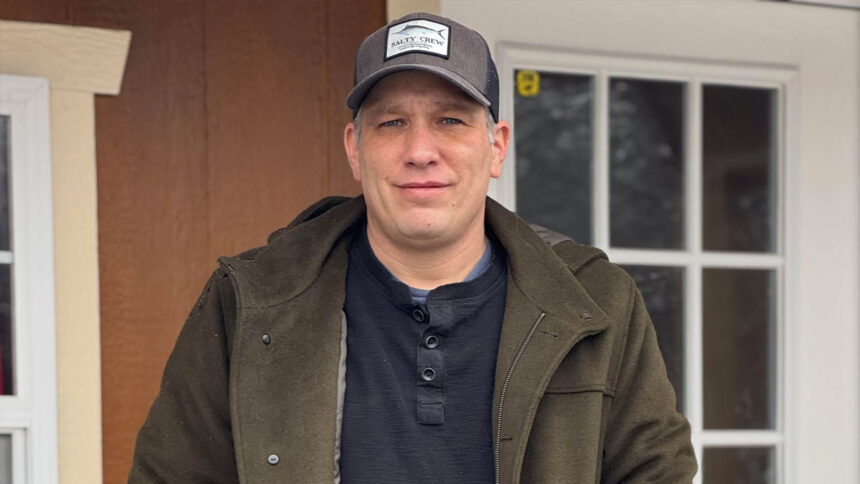
Leave a Comment


